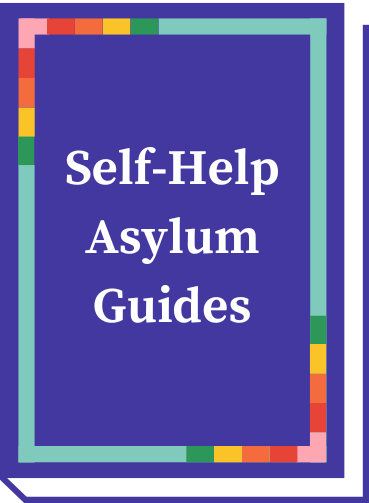33. CAT Status
The information contained herein is for reference only and may not be up to date. It does not constitute legal advice. You should always consult an attorney regarding your matter.
Relief under the Convention against Torture provides even less security than relief under withholding.
An applicant who has been granted CAT cannot be removed to the country in which he would face torture. A CAT grantee has no ability to obtain legal permanent residence, to travel abroad, or to sponsor family members. Moreover, CAT grantees are not guaranteed the ability to obtain employment authorization or even the right to be released from detention.
There are two forms of potential relief under CAT – withholding or deferral of removal. The same bars which apply to withholding of removal apply to CAT withholding. Thus, the only scenario in which an applicant might win CAT withholding rather than withholding of removal would be if he could prove it would be more likely than not that he would face torture in his country, but the torture would not be on account of one of the five protected characteristics.
The more common CAT relief which is sought is deferral of removal because there are no criminal bars to granting CAT deferral. If an applicant wins CAT deferral, however, ICE can continue to detain the individual, even after he has finished his criminal sentence, if ICE determines that he may be a danger to the community.
Individuals who have won CAT may be able to obtain employment authorization, but CIS is not required to issue an EAD. Individuals with CAT are also subject to a streamlined procedure to revoke the CAT grant. ICE is much more likely to re-open proceedings to seek to revoke CAT than it is to seek to revoke asylum or withholding.
Generally only individuals with serious criminal convictions and no other legal options apply for and receive CAT relief.
This Manual is intended to provide information to attorneys and accredited representatives. It is not intended as legal advice. Asylum seekers should speak with qualified attorneys before applying.
The information contained herein is for reference only and may not be up to date. It does not constitute legal advice. You should always consult an attorney regarding your matter.
This handbook is intended for use by pro bono attorneys and immigration attorneys working on LGBTQ/HIV asylum cases.
Detention Hotline
If you are in detention, call:
(917) 654-9696 | M-W 9:30 - 5:30pm & Th 1:00 - 5:30pmCalls from people outside of detention will not be accepted.
